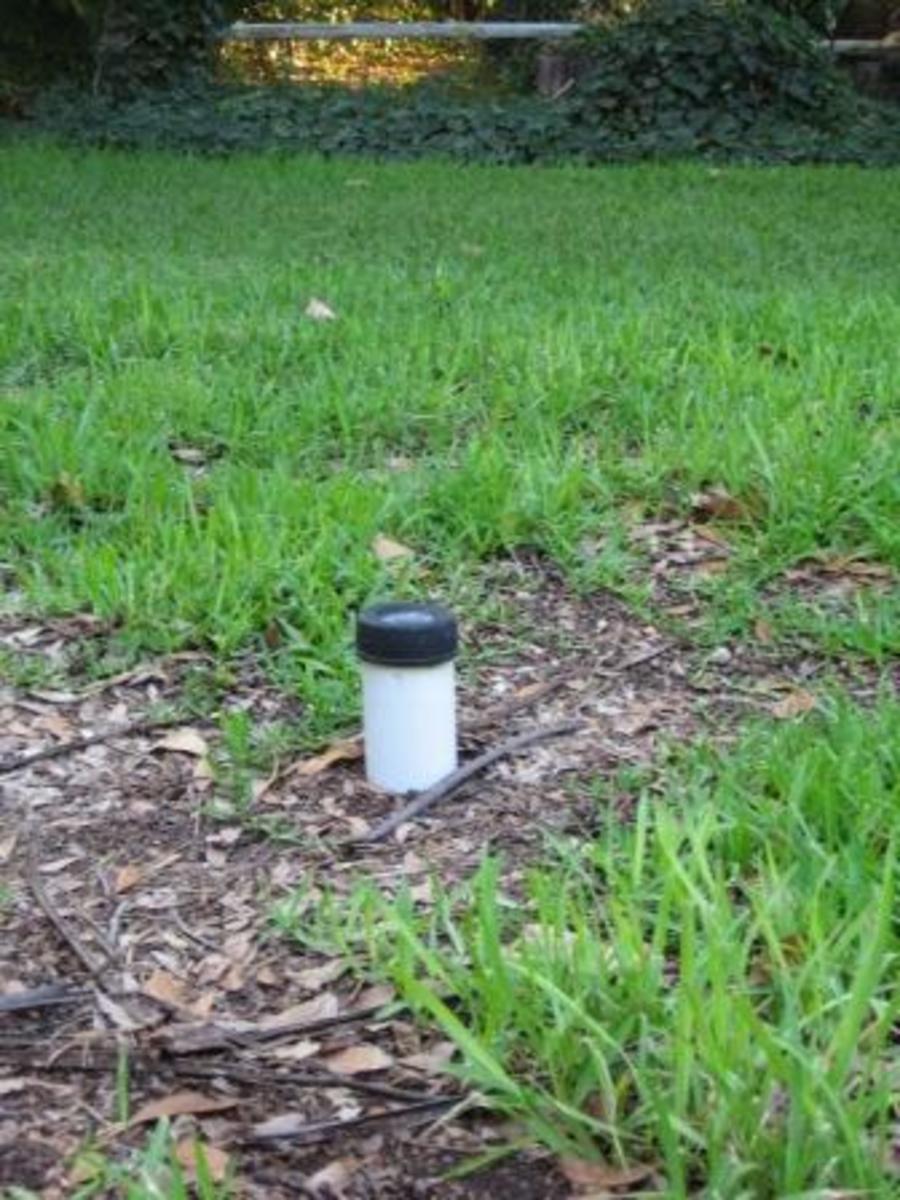Your septic system is one of the most important parts of your home, but it’s also one of the most neglected. Septic systems can last for decades with proper maintenance, but even the best-maintained systems will eventually need repairs. One of the most common problems with septic systems is failed leach lines. Leach lines are the pipes that carry wastewater from your septic tank to the soil, where it is treated and absorbed. When leach lines fail, wastewater can back up into your home or yard, creating a health hazard and an unpleasant mess.

Image: hubpages.com
Signs of Failed Leach Lines
There are several signs that may indicate your leach lines are failing, including:
- Slow draining drains
- Gurgling sounds in your plumbing
- Sewage backup in your home or yard
- Foul odors coming from your septic tank or leach lines
- Lush, green grass over your leach lines (a sign of excess moisture)
Causes of Failed Leach Lines
Leach lines can fail for a number of reasons, including:
- Tree roots growing into the lines
- Soil compaction
- Clogging due to grease, hair, or other debris
- Improper installation or design
- Age (leach lines typically last for 15-20 years)
How to Fix Septic Leach Lines
If you suspect your leach lines have failed, it’s important to contact a qualified septic professional for diagnosis and repair. There are two main options for repairing leach lines:
- Replacement: This involves excavating the old leach lines and installing new ones. Replacement is the most expensive option, but it is also the most effective.
- Rehabilitation: This involves cleaning and repairing the existing leach lines. Rehabilitation is less expensive than replacement, but it is not always as effective.
The best option for you will depend on the severity of the problem and the condition of your leach lines.

Image: www.divesanddollar.com
How To Fix Septic Leach Lines
Preventing Leach Line Failure
There are several things you can do to prevent leach line failure, including:
- Avoid planting trees or shrubs near your leach lines.
- Keep your septic tank pumped regularly (every 3-5 years).
- Don’t put grease, hair, or other debris down your drains.
- Have your septic system inspected regularly by a qualified professional.
By following these tips, you can help keep your septic system running smoothly for years to come.